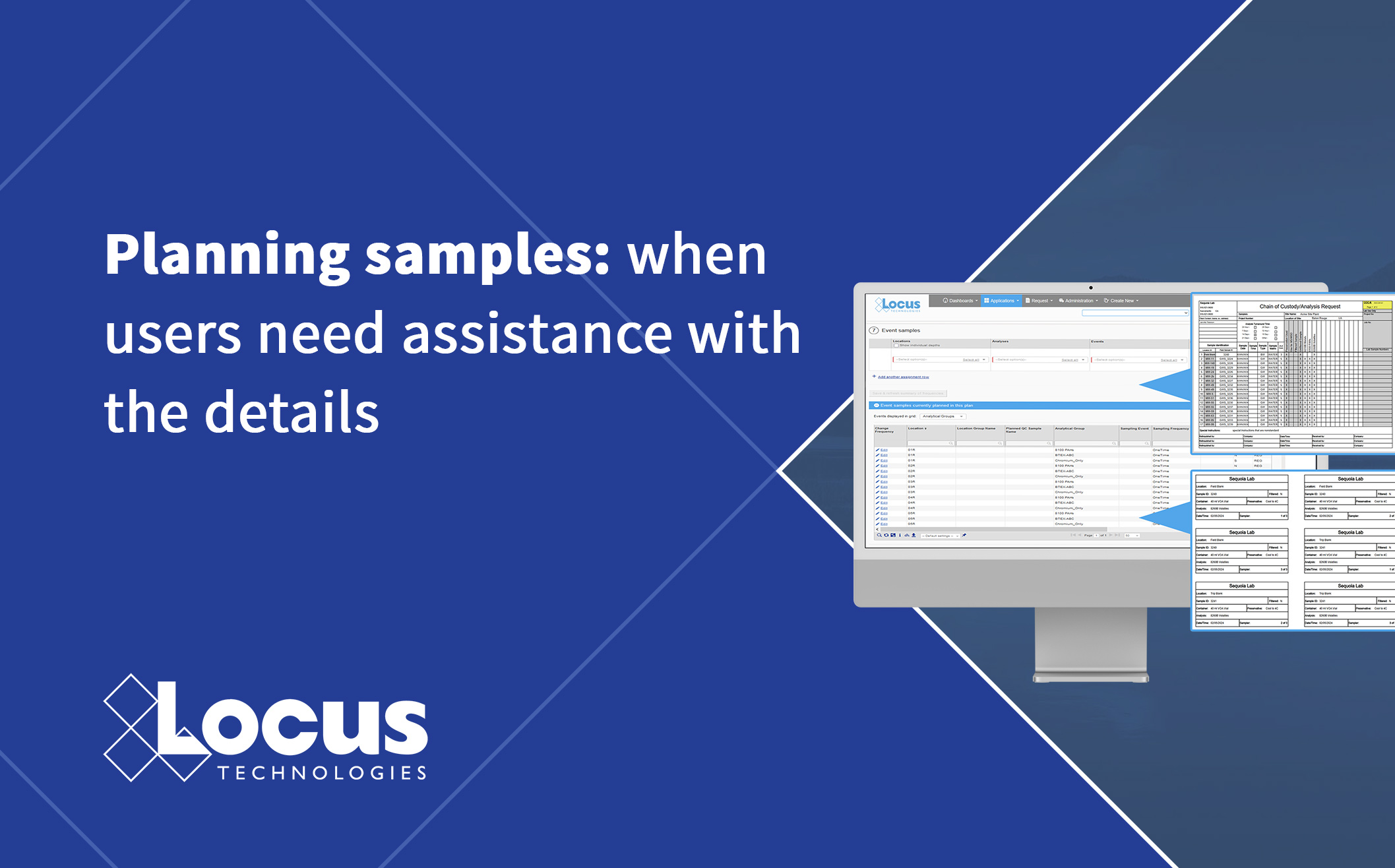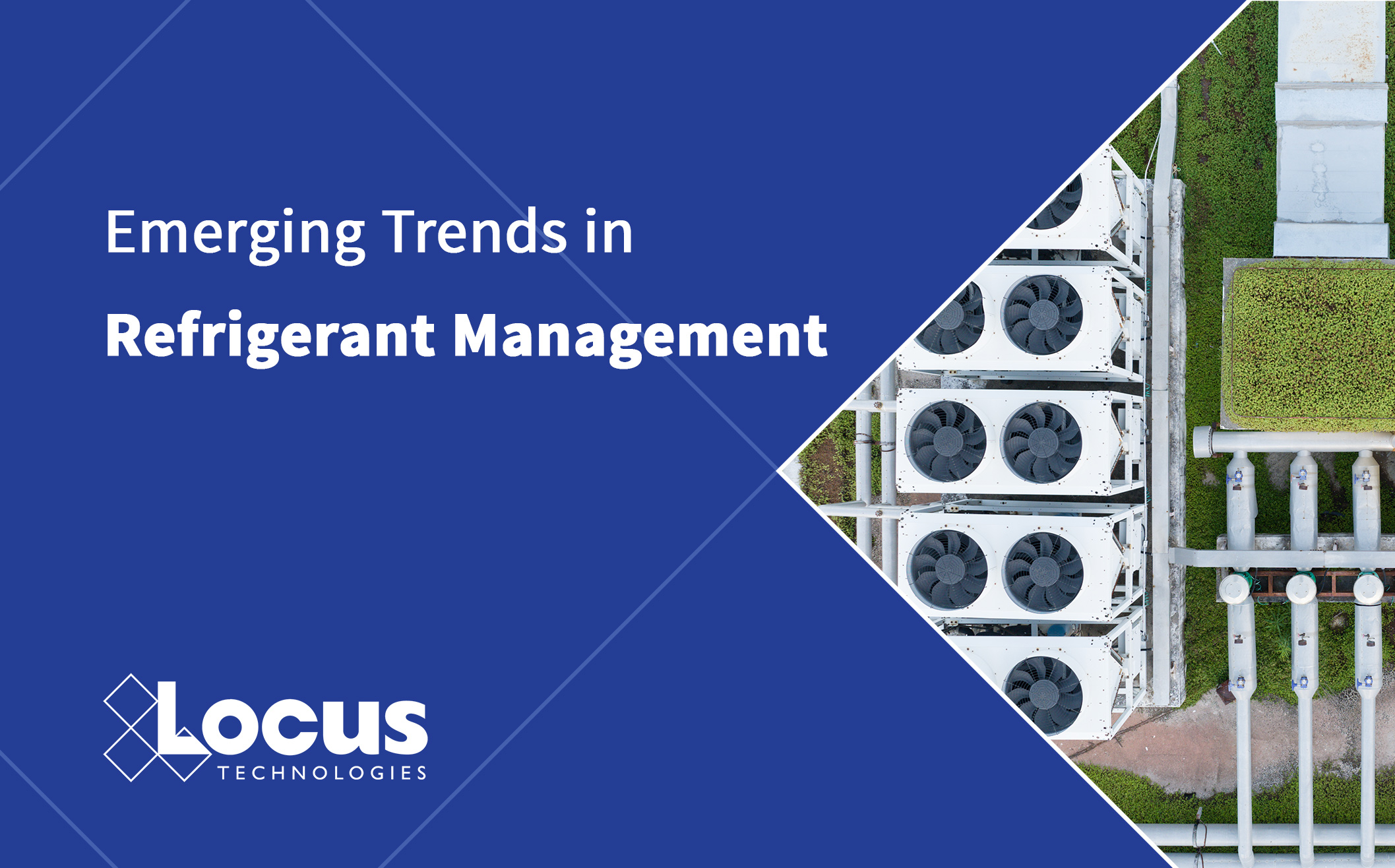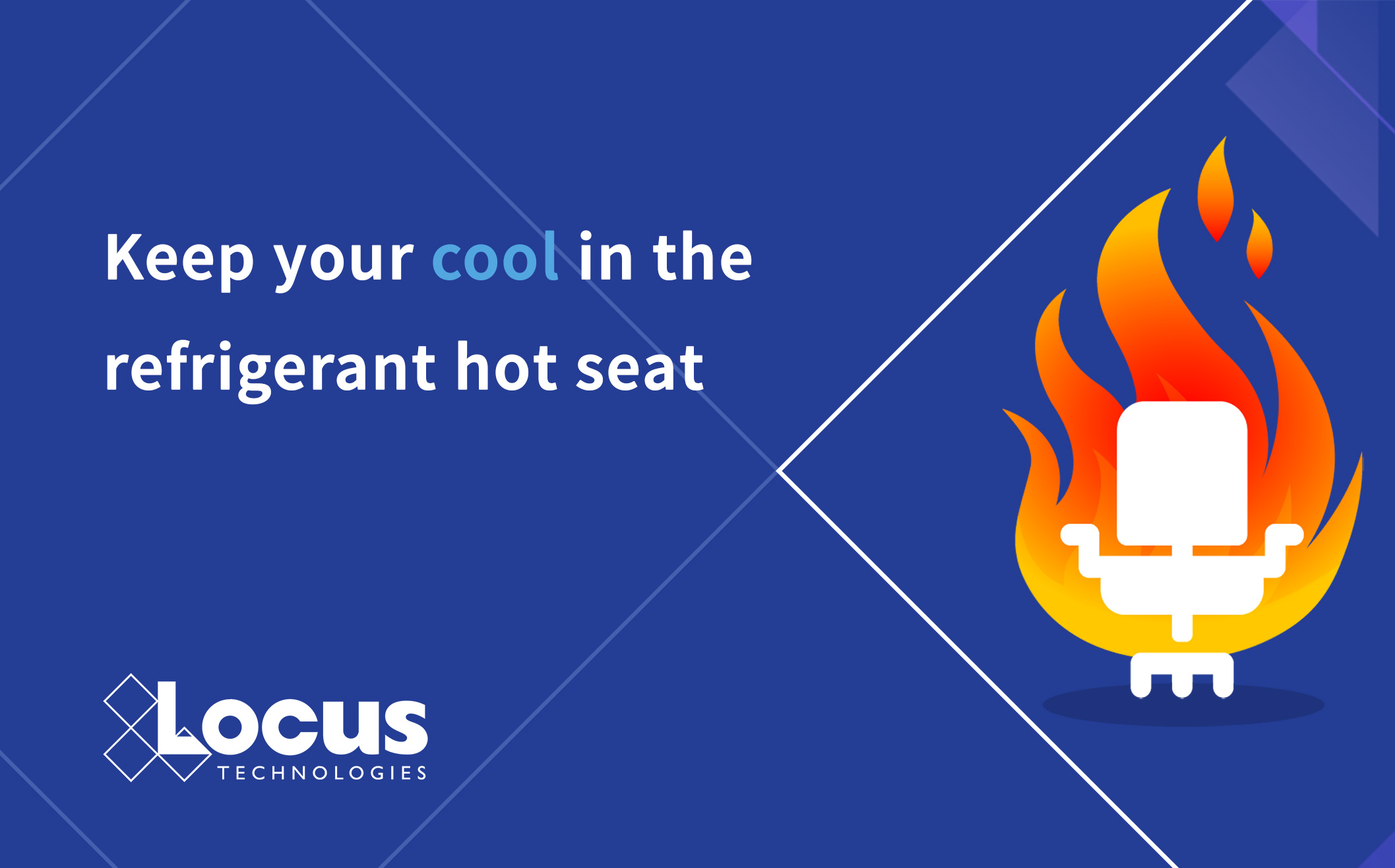
While Locus EIM users may be aware of the Sampling Plan Module (SPM), a customer may need more flexibility to support the process of planning samples and analyses. Planning with SPM utilizes EIM’s analytical groups, which consolidate analytical methods with sample containers and preservatives for displaying on a chain-of-custody. Analytical groups also allow for tracking of laboratory results after samples have been submitted.
If many staff are involved with planning samples or if the staff need support requesting samples, the Sample Request Module (SRM) could be a solution to allow more flexibility than the SPM. The SRM allows for a user to submit a request containing information for planned samples and analyses; the request is reviewed and approved before a Sampling Plan can be created.
A reviewer knowledgeable in Locus EIM’s valid values and analytical groups can approve the sample requests. This process allows the reviewer to make edits via comments and/or map the methods and/or parameters to the correct analytical group. During the request submission and reviewer comments, the involved users are notified via email of decision points. An email notification is sent when the request is finally approved, and a new sampling plan is created.
Locus’s SPM and SRM both have a visual interface that guides the user through the steps to generate planned samples and analyses. The user can start and stop the building process as needed. The SPM can be used separately from SRM so users are not restricted to a single process. Locus support can provide a demonstration of these features.
To learn more about Locus environmental information management software and our sample planning tools, please visit Sample Planning | Applications | Locus Technologies or contact us.
Locus is the only self-funded water, air, soil, biological, energy, and waste EHS software company that is still owned and managed by its founder. The brightest minds in environmental science, embodied carbon, CO2 emissions, refrigerants, and PFAS hang their hats at Locus, and they’ve helped us to become a market leader in EHS software. Every client-facing employee at Locus has an advanced degree in science or professional EHS experience, and they incubate new ideas every day – such as how machine learning, AI, blockchain, and the Internet of Things will up the ante for EHS software, ESG, and sustainability.



